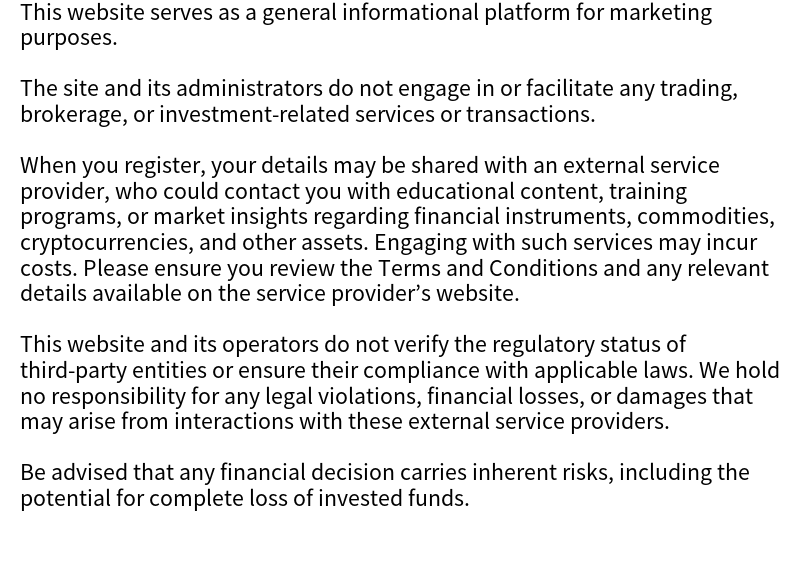About Oil Profit
Oil Profit
The world of trading offers diverse opportunities to explore global markets. By utilizing modern tools and accessing reliable data, traders can make informed decisions and capitalize on various market movements. Whether you’re a beginner or an experienced trader, it’s essential to select a platform with an intuitive interface and effective tools to help manage risks and increase the chances of making successful trades. Oil Profit can help you get started with its powerful features.
Learn the Basics of Trading with Oil Profit – Free Registration
If you still do not have an account at Oil Profit – you can register for free at our Home Page.
Our Mission
The mission of Oil Profit is to provide a secure, transparent, and user-friendly trading environment. It focuses on delivering accurate and timely market insights, empowering traders to leverage price fluctuations and pursue their financial goals. By offering a platform that prioritizes reliability and simplicity, Oil Profit allows traders to engage with the market confidently and efficiently.
Our Values
The core values of any trading system are rooted in safety, transparency, sustainability, customer focus, and innovation:
- Safety: Ensuring that the platform is secure, and that transactions are executed efficiently.
- Transparency: Providing traders with real-time market data, which is essential for making informed decisions.
- Sustainability: Promoting responsible practices in trading, focusing on long-term market health.
- Customer Focus: Offering essential resources, such as market analysis and educational tools, to help traders succeed.
- Innovation: Continuously improving the trading experience with new features and cutting-edge technologies.
The Basics of Trading with Oil Profit
Trading involves buying and selling financial instruments like stocks, commodities, and currencies. Oil Profit enables traders to engage in these markets by providing real-time data and advanced tools to help analyze trends and make informed decisions. Futures contracts and options allow traders to profit from price movements, but it’s crucial to manage risks effectively.
Successful traders understand market dynamics, recognize the importance of strategy, and adhere to risk management practices. Oil Profit supports this approach by providing tools that help users plan, execute, and review trades to increase the likelihood of profitable outcomes.
Transparency in the Oil Market
The oil market, like other financial markets, requires transparency to ensure fair competition and informed decision-making. Oil Profit allows traders to access accurate market information, empowering them to react quickly to changes in supply, demand, or geopolitical events. Transparency in these markets reduces the chances of insider trading and market manipulation, promoting a level playing field for all participants.
Advantages of Trading with Oil Profit
- Profit Potential: Trading, especially in volatile markets like oil, offers significant profit opportunities. Oil Profit helps identify trends that traders can exploit, capitalizing on both upward and downward price movements.
- Liquidity: The markets supported by Oil Profit are highly liquid, ensuring that trades can be executed smoothly and at fair prices, without delays or manipulation.
- Diversification: Adding various assets like oil, stocks, and currencies to your portfolio can help reduce risk. Oil Profit provides access to multiple trading opportunities, offering potential hedges against other market fluctuations.
- Global Reach: Oil Profit connects traders to markets worldwide, expanding access to diverse opportunities regardless of location.
- Hedging: Trading with Oil Profit can be used to hedge against currency fluctuations, inflation, or stock market downturns. A well-planned strategy can help manage these risks effectively.

